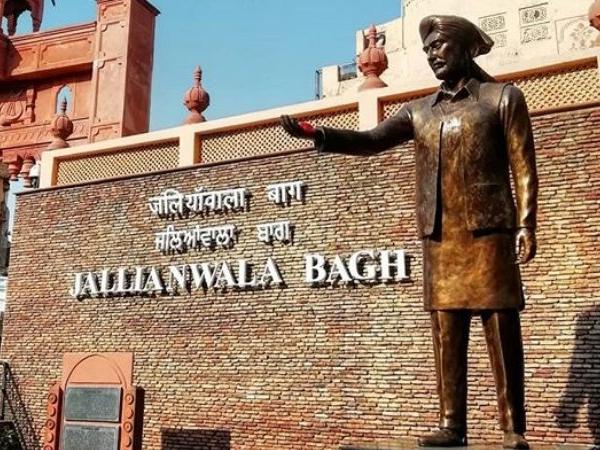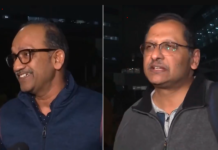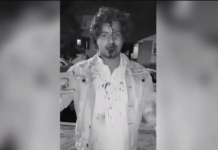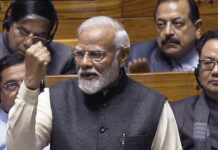British Prime Minister Theresa May expressed “regret” in Parliament for the Jallianwala Bagh massacre, ahead of the 100th anniversary of the killings on April 13, 1919.
Opening the Prime Minister’s Questions on Wednesday with a reference to the massacre, Ms. May quoted Queen Elizabeth’s remarks, calling the incident a “distressing example” of Britain’s past history with India. “We deeply regret what happened and the suffering caused,” Ms. May said.
This came after MPs from across the political parties called for the formal apology during a debate on Tuesday afternoon.
Foreign Office Minister Mark Field had told MPs on Tuesday that he recognized that there was a “strong and compelling case” for Britain to go beyond the “deep regret” already expressed.
“Full apology” demand
The Labour Party on Wednesday called for a “full, clear and unequivocal apology”, from the British government for the Jallianwala Bagh massacre, after the Prime Minister described the events as a “shameful scar on British Indian history”, but failed to make the formal apology that many hope for.
MPs had suggested that an apology was owed to the victims and their families as part of efforts to strengthen relations with India. “India will never forget,” Conservative MP Bob Blackman, who introduced the debate on Tuesday told MPs.
Others argued that there was a need for the U.K. to raise awareness of the atrocity and the darker aspects of Britain’s colonial legacy in schools, which would help children understand where they came from and where the country was today.
Britain can’t afford an apology!
The massacre at Amritsar in 1919, and the subsequent celebration in Britain of Reginald Dyer, the colonel who ordered the firing, are indeed a moral blot on England. The episode shattered any ideas of decency associated with the empire and was the precursor to mass movements in the Subcontinent demanding freedom.
But in Britain today there are many who long for the lost glory of the time when they ruled so much of the world. Its museums are filled with artifacts from the crimes of colonialism, which…they can’t return.

Deep regret is all India may get instead of the unequivocal apology that is mandated. The expectation could be that time will add more distance to the massacre, making these calls for apology increasingly an academic exercise. We will no doubt also be advised to forgive and move on.












